.webp)
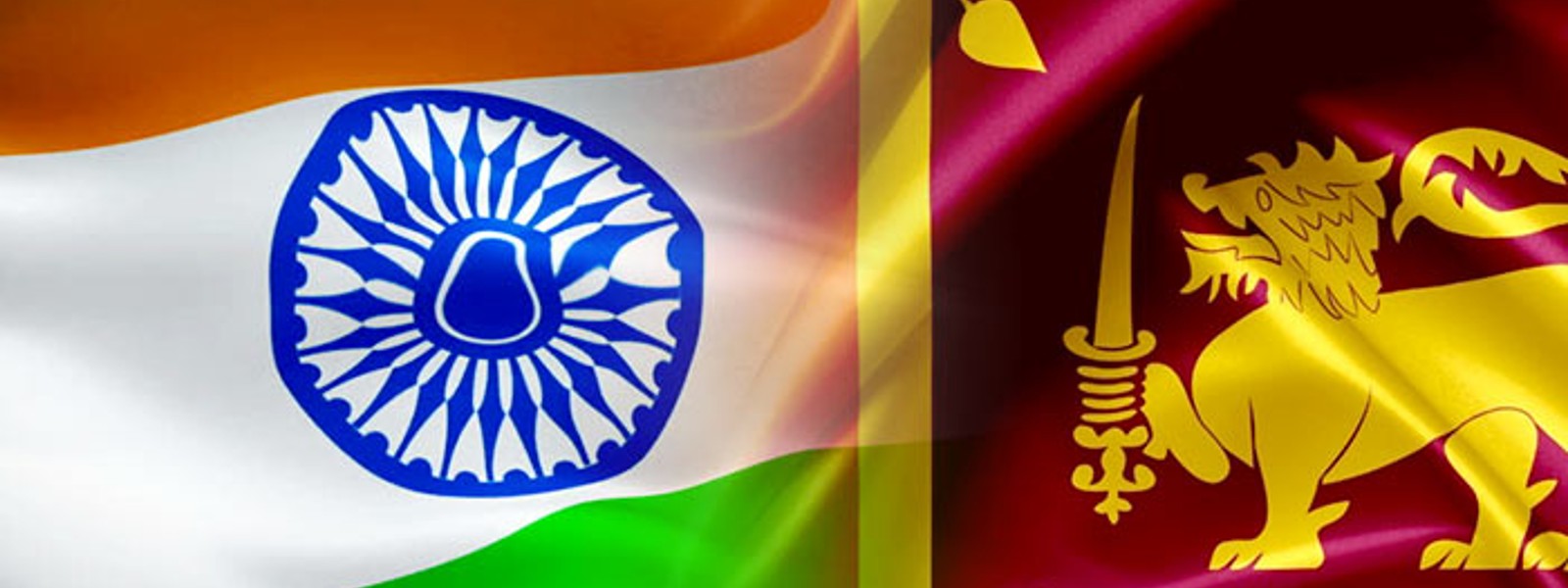
India All-Party meet heats up on Sri Lanka Crisis
(NDTV / The Hindu): The Indian Government has told the all-party meeting on the situation in Sri Lanka that “fiscal prudence and responsible governance” are the lessons the country has to learn from the crisis in the neighboring country and that there should not be a “culture of freebies”.
Addressing the meeting on Tuesday (19), Indian External Affairs Minister S. Jaishankar also clarified that India had not in any way “facilitated” former Sri Lankan President Gotabaya Rajapaksa’s exit from Sri Lanka to the Maldives and then to Singapore, saying that this was decided by those countries.
However, he said that no other country has supported Sri Lanka as India has in terms of food, fuel, medicines, and other essentials.
Jaishankar also denied that any formal request had been made for help earlier, when asked about whether India’s assistance had been “too little too late”, referring to a report in The Hindu from Colombo 2020.
Jaishankar said that the numbers had been shown without any “political intent” and to show any comparison of the crisis in Sri Lanka and India’s economic situation was part of a “misinformed campaign”, and this would “never happen” in India. However, members protested as they said the meeting had been called to discuss Sri Lanka, not India.
Telangana Rashtra Samithi (TRS) leader Nama Nageshwara Rao said the Centre should have spoken about its fiscal health instead. “RBI data says the debt-GDP and the borrowing-revenue ratio of the Centre are much worse than the States.
The Centre was trying to score political brownie points even from a discussion on Sri Lanka,” Rao said. The Dravida Munnetra Kazhagam (DMK), Trinamool Congress (TMC), and Left parties too questioned the presentation.
When asked about whether the aid to Sri Lanka was being equitably distributed in the country’s northern areas as well, Jaishankar said that the government had been coordinating to ensure this. To other questions on whether India’s assistance to Sri Lanka had come too late, Jaishankar stressed that the government had warned the Rajapaksas about the economic slide on several occasions, but that Colombo had not been “fiscally prudent” or responsible in the crisis.
Listing India’s assistance of about $3.8 billion since January 2022, Jaishankar said India had provided Sri Lanka with a currency swap of $400 million, a debt deferral of more than $1.5 billion, Lines of Credit totaling $1.55 billion for food, fuel, fertilizers, and other essentials, and listed gifts from the Central government and the Tamil Nadu Government of medicines, kerosene, rice, and milk powder.
He said that the way out of the crisis for Sri Lanka would require both political stability, with a parliamentary vote for the next President to be held on Wednesday, as well as the need for debt restructuring by Sri Lankan lenders to allow for an economic recovery, once the government is in place.
“In our history, we haven’t taken such a proactive step for a neighboring country,” Jaishankar told members, adding that no other country had done as much for Sri Lanka at this time.
India is naturally worried over the “very serious crisis” in Sri Lanka and there are “very strong” lessons of fiscal prudence, responsible governance and not having “a culture of freebies” to be learnt, External Affairs Minister S Jaishankar told an all-party meeting on Tuesday (19), according to NDTV.
“It is a matter which pertains to a very close neighbour and given the proximity, we naturally worry about the consequences, the spillover it has for us,” he added.
Sri Lanka is facing its worst economic crisis in seven decades, with a severe foreign exchange shortage hampering the import of essentials, including food, fuel and medicines.
The economic downturn has also sparked a political crisis in the island nation after a popular uprising against the government. Acting president Ranil Wickremesinghe has declared a state of emergency in the country.
Sources: NDTV / The Hindu
Other Articles
Featured News





.png )


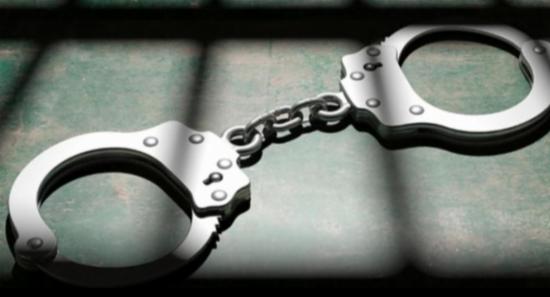

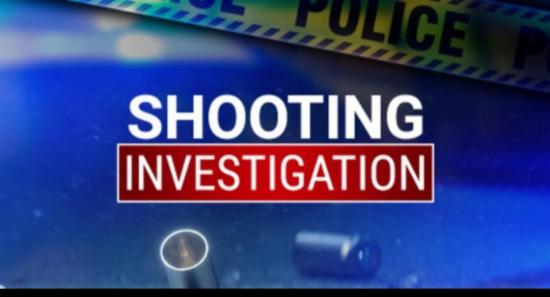
-722285-778677_850x460-785225_850x460-788199_850x460-788884_850x460-789084_550x300.jpg)

-788581_550x300.jpg)
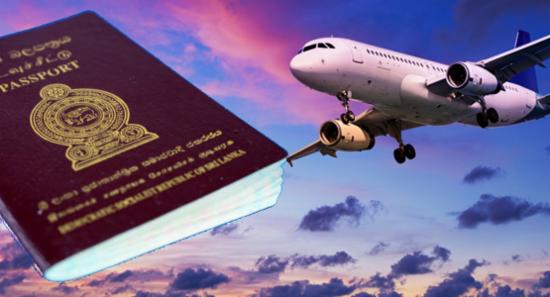

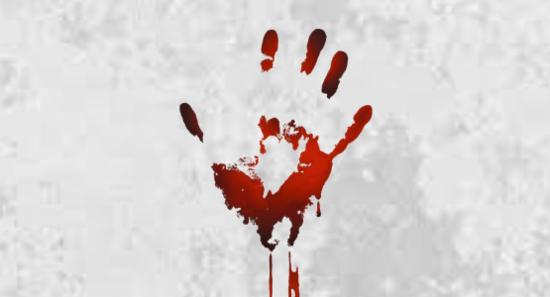
-785316_550x300.jpg)
















.gif)